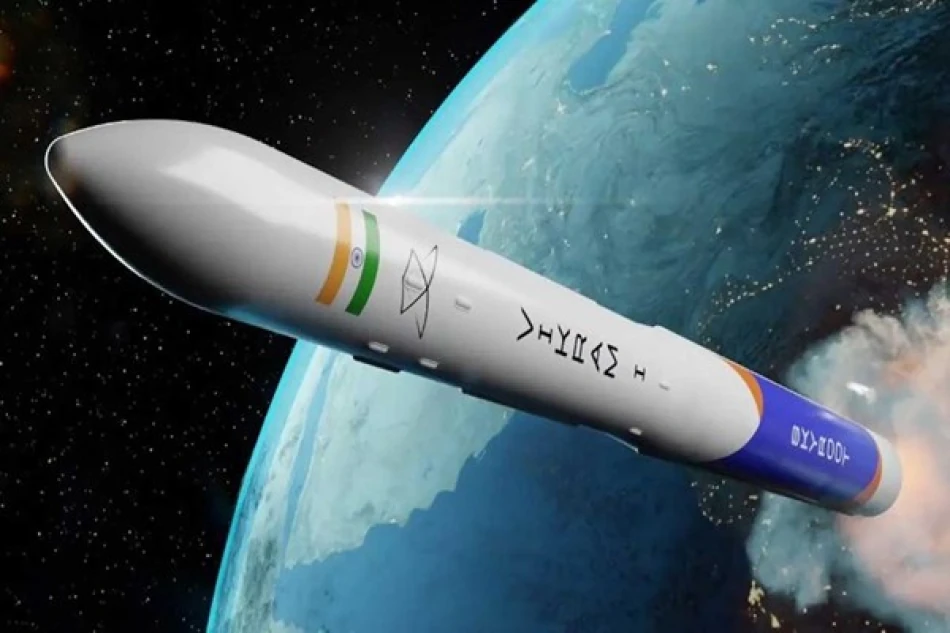
India Propels Space Startup Surge: Powering the Final Frontier
India Aims to Launch 50 Rockets Annually as Modi Unveils Ambitious Space Expansion Plan
Prime Minister Narendra Modi has announced India's most ambitious space sector expansion yet, targeting 50 rocket launches per year and the creation of five new space startups within the next five years. The plan signals India's determination to capture a larger share of the global commercial space market, currently dominated by SpaceX and other Western companies, while leveraging its established reputation for cost-effective space missions.
Private Sector Takes Center Stage
In a significant shift toward privatization, Modi revealed that India will soon launch its first privately-manufactured Polar Satellite Launch Vehicle (PSLV). This milestone represents a departure from the country's traditionally state-controlled space program, following reforms introduced in 2020 that opened the sector to private investment and competition.
The move mirrors strategies employed by other emerging space powers. The UAE has similarly pivoted toward private-public partnerships in its space ambitions, while countries like South Korea and Japan have increasingly relied on commercial partnerships to accelerate their space capabilities.
Strategic Partnerships with the United States
S. Somanath, chairman of the Indian Space Research Organisation (ISRO), confirmed that India will launch a US-manufactured communications satellite within two months, followed by a radar satellite developed jointly with NASA. These collaborations underscore the deepening space partnership between Washington and New Delhi, particularly as both nations seek to counter China's growing influence in space technology and satellite deployment.
Geopolitical Implications
The timing of India's space expansion is strategically significant. As tensions rise over space militarization and satellite-based surveillance capabilities, India's enhanced launch capacity could serve dual civilian and defense purposes. The country's proven track record—including its successful Mars mission at just $74 million—demonstrates its ability to achieve complex objectives at a fraction of typical costs.
Market Impact and Commercial Opportunities
India's ambitious launch schedule positions the country to compete directly with established players in the commercial satellite launch market. Currently, the global space economy is valued at approximately $400 billion annually, with launch services representing a growing segment driven by demand for communications satellites, Earth observation systems, and emerging satellite internet constellations.
The plan to establish five new space startups reflects India's broader strategy to create a domestic ecosystem capable of supporting everything from satellite manufacturing to launch services. This approach has proven successful in India's information technology sector and could replicate that success in space technology.
Challenges and Realistic Expectations
Scaling from India's current launch frequency to 50 rockets annually represents a substantial leap that will require significant infrastructure investment, regulatory streamlining, and workforce development. The country will need to expand its launch facilities beyond the current Satish Dhawan Space Centre and potentially develop new spaceports to accommodate increased activity.
However, India's space program has consistently exceeded expectations while maintaining cost efficiency. If successful, this expansion could position India as the world's second-largest space launch provider by volume, trailing only China's rapidly expanding commercial space sector.
Most Viewed News

 Layla Al Mansoori
Layla Al Mansoori






